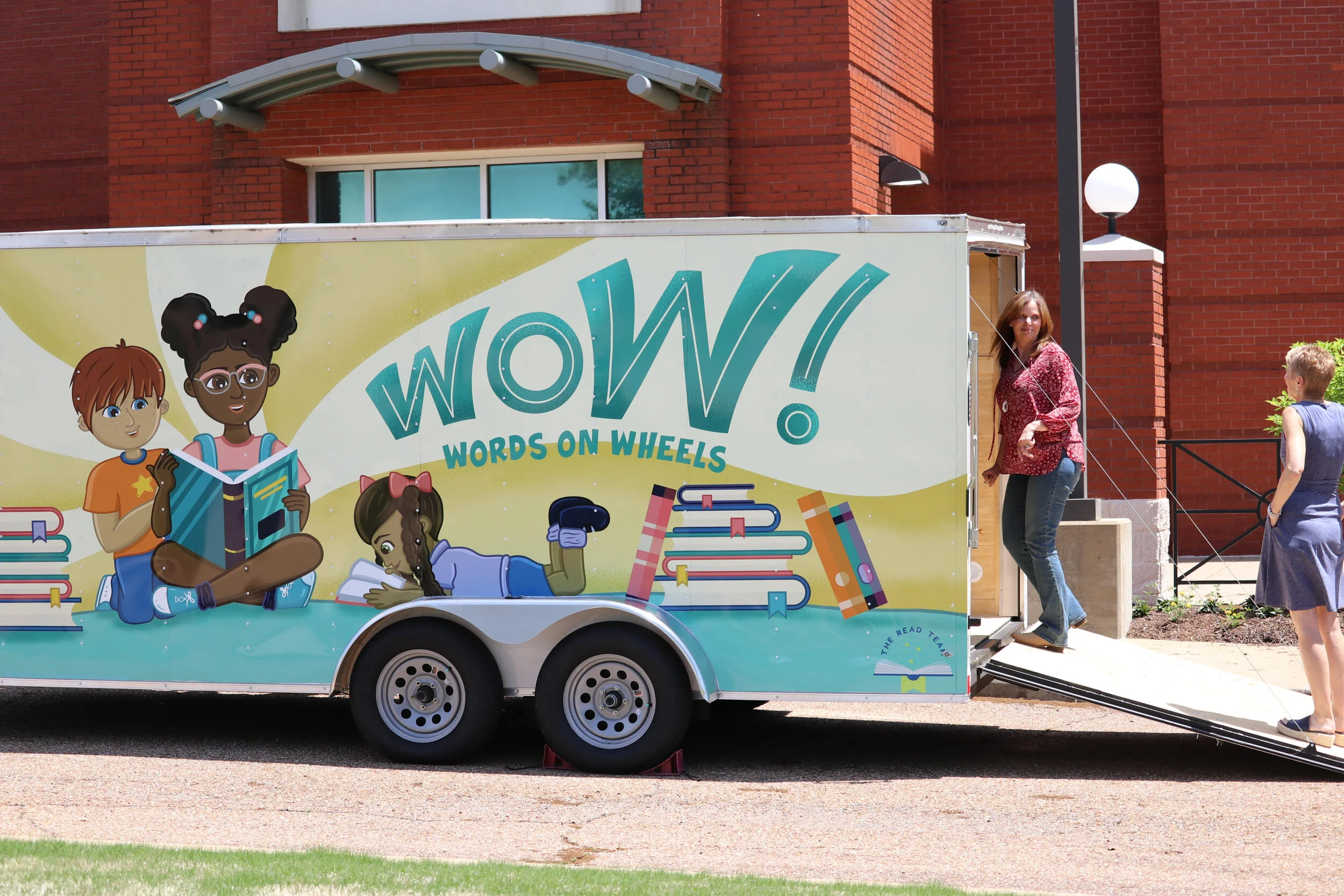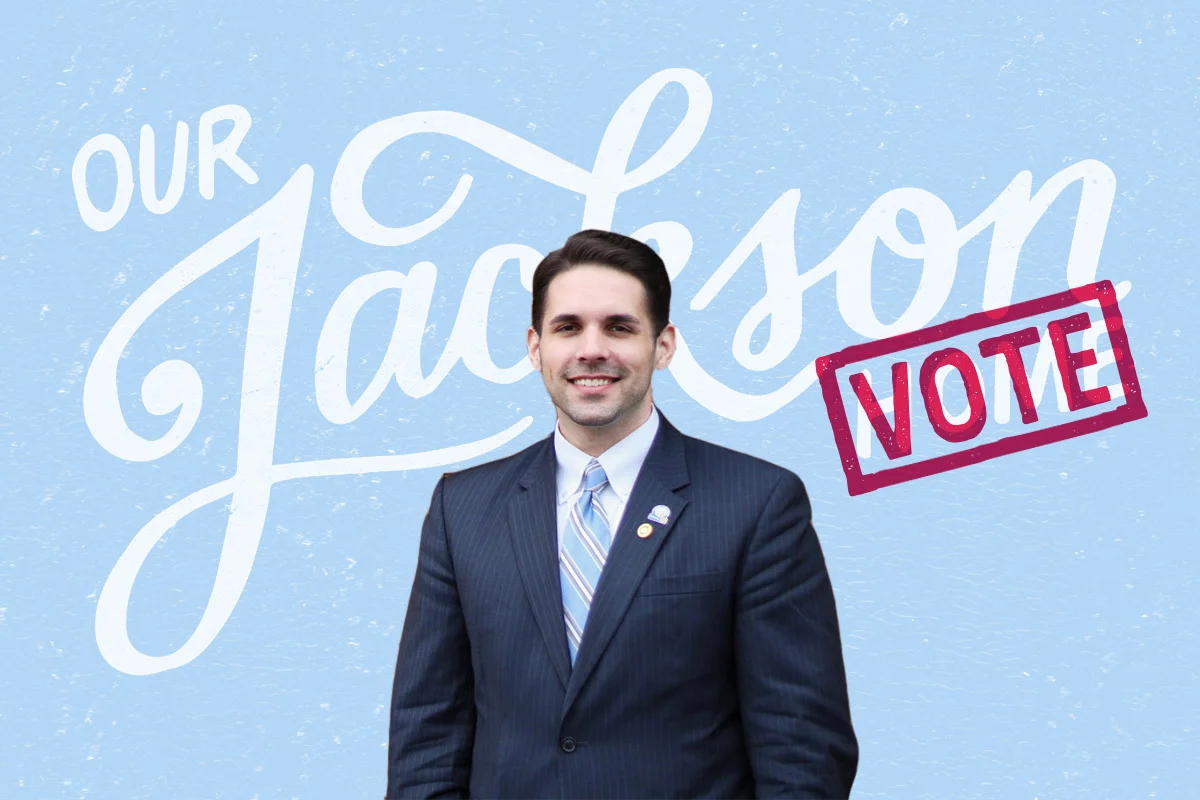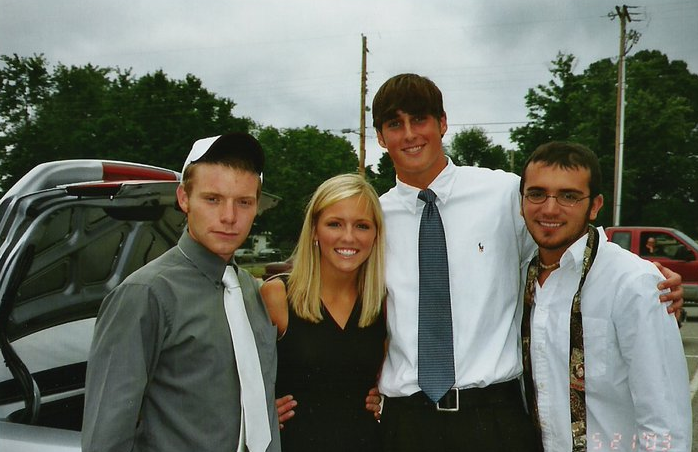Are We Broken?
“Are we broken?” I saw those three words at the top of an article a couple of months ago. They were referring to the current political climate in our country. Without delving into specifics, it’s safe to say that our present political situation is a bit perilous. Communication between parties vacillates between accusatory and defensive. The president is being investigated for obstruction of justice relating to a foreign country tampering in our election. There are multiple versions of the truth being screamed through the television depending on what channel you find yourself watching. It’s exhausting just to observe the circus in Washington. Washington is far away, however. Sometimes it can even seem like a place that only exists in our newspapers and on our televisions. Thankfully, our local politics are normally cool, calm, and collected. We don’t have to worry about controversies or partisan divides. But that all changed a few weeks ago.
On May 31, Madison County filed a lawsuit against the City of Jackson. The reason for the lawsuit was very simple: the city council (in a most secretive way) voted to no longer give an annual percentage of sales tax revenue to the county in order to help fund the school system. There were two things that spurred the county to action: the amount of money the city was to pay (twelve million dollars) and the timing of the twelve-million-dollar rug being pulled out from under the county’s meticulously planned budget for the school system. The city decided to rescind the money just two months shy of the county’s budget deadline and, from that point, all hell broke loose. The city had their side of the story: “The tax revenue had increased to a point that it was too much of a burden for the city to carry. It was simply meant to be a gift to help the county at the beginning of consolidation.” The county had its moral high road: “The city should honor its commitment because it’s the right thing to do. We don’t want to have to raise taxes to cover the portion they paid.” Both sides had their version of truth. As a citizen, I was very interested in how this played out. As a school teacher, though, I could care less about which side was right or wrong.
“Both sides had their version of truth. As a citizen, I was very interested in how this played out. As a school teacher, though, I could care less about which side was right or wrong.”
I’m not a history teacher; I’m an English teacher. But we need to review some local history before we go any further. In 1992, the school system was consolidated to become what is now known as Jackson-Madison County School System. Three years before that happened, though, the residents of Madison County voted on a referendum that raised the local option sales tax from 1.5% to 2.75%. Before the vote to raise the sales tax, half of the 1.5% tax went to local education. After the raising of the sales tax, the city sent its half of the 1.25% raise to the county to help the county fund the newly consolidated school system.
If you’ve fallen asleep by this point in the article, I don’t blame you. There were a lot of percentages and decimals and divisions that were agreed upon nearly thirty years ago. But I need you to wake up now because here’s why it matters. Jackson has grown exponentially since 1989. In 1989, there was no Super Wal-Mart, no Target, no Vann Drive, no Columns, and certainly no Super Kroger. While not having Vann Drive actually sounds pretty pleasant, the point is that retail venues were pretty limited in Jackson, and the portion of the sales tax the city was paying the county was manageable. Fast forward to 2017 and think about all the retail development that has been developed in Jackson since the agreed-upon gift from the city to the county. What started as a manageable gift grew to be twelve million dollars by this year. The city decided that six zeroes behind that twelve were a few too many and told the county that their (the city’s) generosity had reached its limit. They at least had a PowerPoint presentation to soften the blow, though.
As a citizen, I’m a little embarrassed about this and also a little intrigued. The salaciousness of a county suing the largest city in its borders is like a train wreck that you can’t help but watch. On the flip side of that, though, is the fact that this is real life and our tax dollars are funding the lawyers for both sides of something that was probably avoidable. One question I had for the city councilman and county commissioner who I spoke with was this: “Is there ever any conversation between the two parties—you know, since you all are sharing millions of dollars that directly impact local education.” The answer? “No.” Since there was no conversation (and never had been), the city was able to covertly call a special session to vote to rescind the money. The local media didn’t know it was going to happen. The county commission didn’t know it was going to happen (at least they didn’t know in time to do anything about it). The school system sure didn’t know it was going to happen, even though it affected them most of all, which brings me to how I feel about this as a local educator.
“Too many of our students find themselves at the end of their senior year in high school without a choice. They turn to whatever they can to make money or find comfort. Who failed them? I guess we all did.”
In August, I will begin my tenth year in JMCSS. Although I attended five different schools in our local system as a child, JMCSS is drastically different than it was then. My nine years as a teacher in this system have significantly changed my life. Before you reach for your hyperbole button, just hold up. I’m not exaggerating. The students who pass through my door every day have struggles that I can never imagine. I try my hardest to empathize with them, but I really can’t. I have students who miss school because there’s no one home to wake them up in the morning. I have students who have witnessed homicides on a Tuesday night and have been at school on Wednesday morning. I have students who read on a third grade level, even though I teach eighth grade. I have seen multiple former students in mug shots. Most recently one was sentenced to life in prison for murder. In my class, he maybe spoke out twice all year.
I also have kids, though, who work their butts off because their parents want them to have choices that they didn’t have growing up. I have students who value education and will be autonomous about taking responsibility for their learning. I have seen former students working two jobs and taking classes at Jackson State because they want to have a choice. That’s what I always tell my students: I want them to have a choice. Education gives you options. There is nothing more challenging than facing a life without possibilities. Too many of our students find themselves at the end of their senior year in high school without a choice. They turn to whatever they can to make money or find comfort. Who failed them? I guess we all did.
As a teacher, I am disgusted with both parties involved in this petty lawsuit. I use the word “petty” like my students would use that word. They use that word when someone does something so egregious that it defies explanation. They would also use the word “extra.” That fits here as well. They use it when someone overreacts to a situation that could’ve easily been diffused, which is most definitely the case in this situation.
“There was a storm drainage tax that could have been levied. The city could’ve raised taxes. Most of all, though, the city could have and should have come to the county and tried to work this out in a way that benefited the citizens of our town that need the most help.”
The city council may have been well within the law when they voted to rescind the money. However, just because something is legal doesn’t mean it’s right. Let me be very clear when I say that the city was incredibly wrong in the way they handled this. They even know that. If they thought their decision was okay, they wouldn’t have spent months discussing it without informing the county of their intention. They had other options, the only one they mention being laying off employees, but they know that option makes what they did instead seem reasonable. There was a storm drainage tax that could have been levied. The city could’ve raised taxes. Most of all, though, the city could have and should have come to the county and tried to work this out in a way that benefited the citizens of our town that need the most help. Unfortunately, this isn’t the first time the city shorted the school system on money they owed. In 2014, the city realized it hadn’t paid the school system a fourth of the liquor tax it owed them. This wasn’t just an oversight that was realized after one fiscal year; the city hadn’t paid the tax for twenty-two years. The total amount they owed was three million dollars. They said they couldn’t pay it—or, if they did, they may have to lay off city employees. The county sued. Sound familiar?
The county is currently pushing a narrative that they are the victims is this entire process. And that’s partially true, but trying to find a “good guy” in this story is like trying to find a redeemable character on Mad Men; they’re all pretty flawed. While the county commission was definitely blindsided, their interests lie with themselves at this point. And, to be frank, the twelve million that they’ll have to make up is known as “maintenance of effort” and is required by law. It doesn’t exactly scream going above and beyond for our students. Up until now, the county commission and the school board have had an acrimonious relationship at best. But if you have a missing twelve million dollars in common, even the Hatfields and McCoys could probably find a way to swallow their pride. So on May 31, JMCSS added their name with the county commission to the lawsuit against the city.
I would like to say that my students are following this story and will come to school angry or with questions for me to answer, but that’s probably not true. Unfortunately, they’re used to other people deciding things that affect them and having no say in it. Even though we elected all parties involved in this lawsuit, they are not representing us right now. But they’re being watched. We may shake our heads while we’re watching, but we’re watching nonetheless. There’s an answer to where we’ve found ourselves. It’s communication. It’s honesty. It’s trust. It’s the things that make a community a place that’s safe to fall apart. It’s having the interest of the least of these as the primary focus of what we’re doing. This may just be another bump in the road, but after a while those bumps add up, and before we know it, we’re veering off the road. If there’s any good that can come from this lawsuit, it’s that it may force communication. And if that communication happens, it shouldn’t be about who’s right or wrong; it should be about what is right and what is wrong. As Jacksonians, we shouldn’t expect anything less.
“If there’s any good that can come from this lawsuit, it’s that it may force communication. And if that communication happens, it shouldn’t be about who’s right or wrong; it should be about what is right and what is wrong. As Jacksonians, we shouldn’t expect anything less.”
Despite my intrigue as a citizen and my anger as a teacher, I have hope as a human. I have hope that through all of the legal jargon that will be espoused in mediation and in court, truth will cut through all of it, and the concern about money (while necessary) will be replaced by a joint effort by the city and county to find a way to do right by the students in our schools. And, while there may have been twenty better ways to handle the situation up to this point, we’re still “at this point.” Where we are now isn’t the end of the story. It could actually be the beginning of something that could be very special for our city. Our leaders have the chance to be living examples and admit rights and wrongs and come together to help Jackson and Madison County continue to grow in ways beyond development. They have a chance to begin to build back the trust that was broken between them. As a teacher, I don’t really have a choice in how this plays out. As a community, we don’t have a choice in how this plays out, but however it ends, it affects all of us. While we watch this, we can be angry, but let’s also have hope. Let’s have confidence in the very important people we elected to represent us. Above all else, though, let’s remember that we make up our community, and the way we respond to this can also help heal any division that might be festering. Our students deserve the best we can give them, regardless if there’s an extra twelve million in the budget or not.
Gabe Hart is an English and Language Arts teacher at Northeast Middle School. He was born and raised in Jackson, graduating from Jackson Central-Merry in 1997 and Union University in 2001. Gabe enjoys spending time and traveling with his daughter, Jordan, who is eight years old. His hobbies include reading, writing, and playing sports . . . even though he’s getting too old for the last one. Gabe lives in Midtown Jackson and has a desire to see all of Jackson grow together.
Header image by Kristi Woody.





















